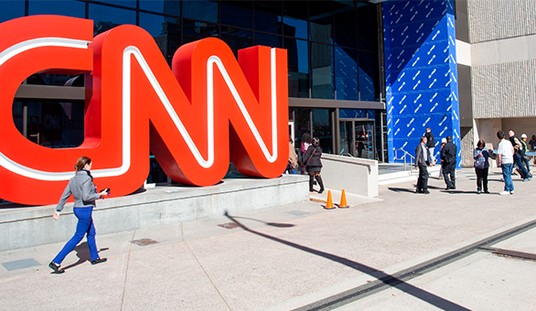The legal battle over Governor Scott Walker’s collective bargaining reforms isn’t over yet, and in a challenge that has now reached the Wisconsin Court of Appeals a local teachers union is arguing that the law is unconstitutional when applied at the local level. But the unions and their legal team may have suffered a quiet but important setback in late December when, with no fanfare, the Appeals Court requested both sides to file further briefs on the case. In the request, the court specifically noted that cases cited by the unions to prove their point in fact, did not back up the unions’ position.
According to the Appeals Court document, unions challenging Walker’s reform say that the Dane County court decision striking down the law in September of last year should apply to every county in the state. That means that the collective bargaining reforms used by local school boards and municipal governments across Wisconsin would be immediately thrown out, and local governments would have to return to the status quo of allowing unions to forcibly collectively bargain.
Such a move could jeopardize the budgets of many local governing units.
In arguing their case about the scope and applicability of the decision to strike down the reform, the unions cited several cases that the Appeals Court dismissed.
“In sum, none of the authorities cited by the unions for these two propositions directly address the questions of which if any non-parties are bound, and to what extent parties are bound in other controversies. . . .” [Emphasis by the Court]
A few paragraphs further on in the request the court once again dismissed the legal precedents cited by the unions as inapplicable to the case.
“But the unions have provided no direct authority or legal reasoning showing why this would be true.”
Advocates of the reform, including the legal counsel retained by the state to defend the law, were also asked by the Court to address additional questions about the effect of the ruling, but none of their previous arguments or cited cases were dismissed as inapplicable or unconvincing.
Both sides are in the process of filing further briefs in the case and the Court’s decision to blast the unions does not mean the Court will eventually uphold the law. However, it does mean that in their first go around, the unions failed to make their case to the Court.













Join the conversation as a VIP Member